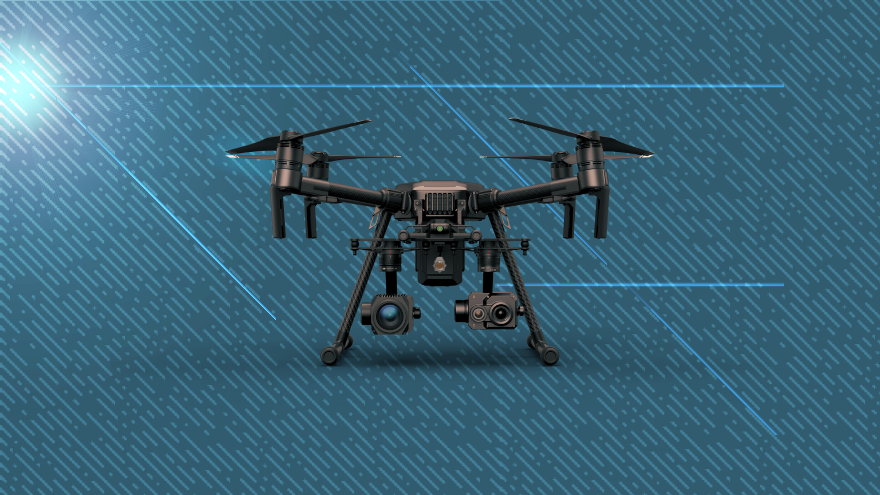The Denver Police Department has typically resisted using drones, but is now launching its own program, according to the Denver Post. “This really is the future of law enforcement at some point, whether we like it or not,” Sgt. Jeremiah Gates, who leads the drone unit at the Arapahoe County Sheriff’s Office, told the Post. Denver’s City Council recently approved steep budget cuts in response to the migrant crisis, which has increased costs for the city. The police department is facing an $8.4 million cut, while the sheriff’s office is expecting a $3.8 million cut. The shift to drones could help offset those cuts, allowing police to address certain calls with fewer human personnel. At least 20 Colorado law enforcement agencies use drones for certain things, like searching for missing people or providing overhead surveillance during SWAT operations. Across the U.S., there are at least 1,400 police departments using drones in some way. Drones can be used to surveil the location of an incident and provide live video to responding officers. Drones providing real-time situational awareness early after a 911 call can reduce the number of officers needed to respond to a call. In 2022, Colorado officials released a report on a drone program launched a year earlier. The program used drones to investigate fatal and felony crashes. After using remote-controlled drones to investigate 331 scenes, officials determined drone usage saved 168 hours of work — a 56 percent reduction in on-scene investigation hours. “I could fly the drone over (a reported suspicious vehicle) and say, ‘Hey, that vehicle is not out of place,’ and I never had to send an officer over to bother them and I can clear it with that,” Sgt. Jeremiah Gates told the Post. “It’s saving resources.” In another example, Gates explained, a drone could be flown to a reported broken traffic light and send video to an operator who would determine if the light is working properly and remedy the issue without sending an officer to the scene. “What if we get a call about someone with a gun, and the drone is able to get overhead and see it’s not a gun before law enforcement ever contacts them?” he said. Critics, however, are raising concerns about over-policing and unintended consequences of expanding drone programs in policing. “We’re worried about what it would mean if drones were really just all over the skies in Colorado,” American Civil Liberties Union of Colorado staff attorney Laura Moraff told the Post. “We are worried about what that would mean for First Amendment activities, for speech and organizing and protesting — because being surveilled by law enforcement, including by drones, can change the way people speak and protest,” she added. Colorado police are considering using drones to respond to certain 911 calls.
Law Enforcement /
Colorado Police To Respond to 911 Calls With Drones
'This really is the future of law enforcement at some point, whether we like it or not'

*For corrections please email [email protected]*
